Summary of Guidelines
The major criteria for appointment, reappointment and promotion for Academic Clinicians is excellence in clinical care, teaching in the candidate’s selected area of concentration, as well as sustained professionalism.
For appointment to the rank of assistant professor, the department will assess the potential for a faculty candidate to achieve excellence as an educator and clinician. Reappointment at this rank will involve demonstration of ongoing education and clinical excellence, and a sustained record of professionalism.
At the time of their second reappointment as assistant professor, faculty must designate an Area of Concentration (AoC). AoCs may be clinical, education service and leadership, community service, inclusion and diversity, health equity, quality and safety, health policy, global health, etc. Subsequent mentoring for the candidate should focus on developing the faculty member’s AoC.
Promotions to associate professor are generally not considered prior to an AC faculty member’s second reappointment. The standard timeline has the promotion process begin in the department following Provost approval of the second reappointment, thus the process would begin at the start of year 7 and the promotion could be effective at the start of year 8. Exceptional candidates can be put forward for promotion to associate professor at the time of the second reappointment (year 6) with the promotion effective at the beginning of year 7. Such candidates would be considered “early”, and justification must be included in the chair's recommendation.
For promotion to the rank of associate professor, there must be evidence that the candidate has attained recognition at their personal primary site (PPS) of practice within the Penn Medicine Community (HUP, PPMC, CHOP, VA etc.) as a superior clinician and educator, made contributions to their AoC, and has exhibited sustained professionalism. Candidates for initial appointment at this rank must have documented meritorious academic service on the faculty of a comparable medical school to be considered favorably.
For promotion to the rank of Professor, there must be evidence that the candidate has attained recognition beyond their primary practice site to a regional or even national level (depending on the field) as a superior clinician and teacher, made impactful contributions to their AoC and has exhibited sustained professionalism. Candidates for initial appointment at this rank must have documented meritorious academic service on the faculty of a comparable medical school to be considered favorably. Reappointment at this rank will involve demonstration of ongoing education and clinical excellence, sustained professionalism, and ongoing engagement in their area of concentration or significant accomplishments in a new area of concentration or focus based on new duties, responsibilities or leadership roles.
- Academic Clinician Appointment, Reappointment and Promotion Criteria and Required Documentation
- COAP Guidelines Appendix A: Impact Metrics [Effective July 2021]
Related Videos
-
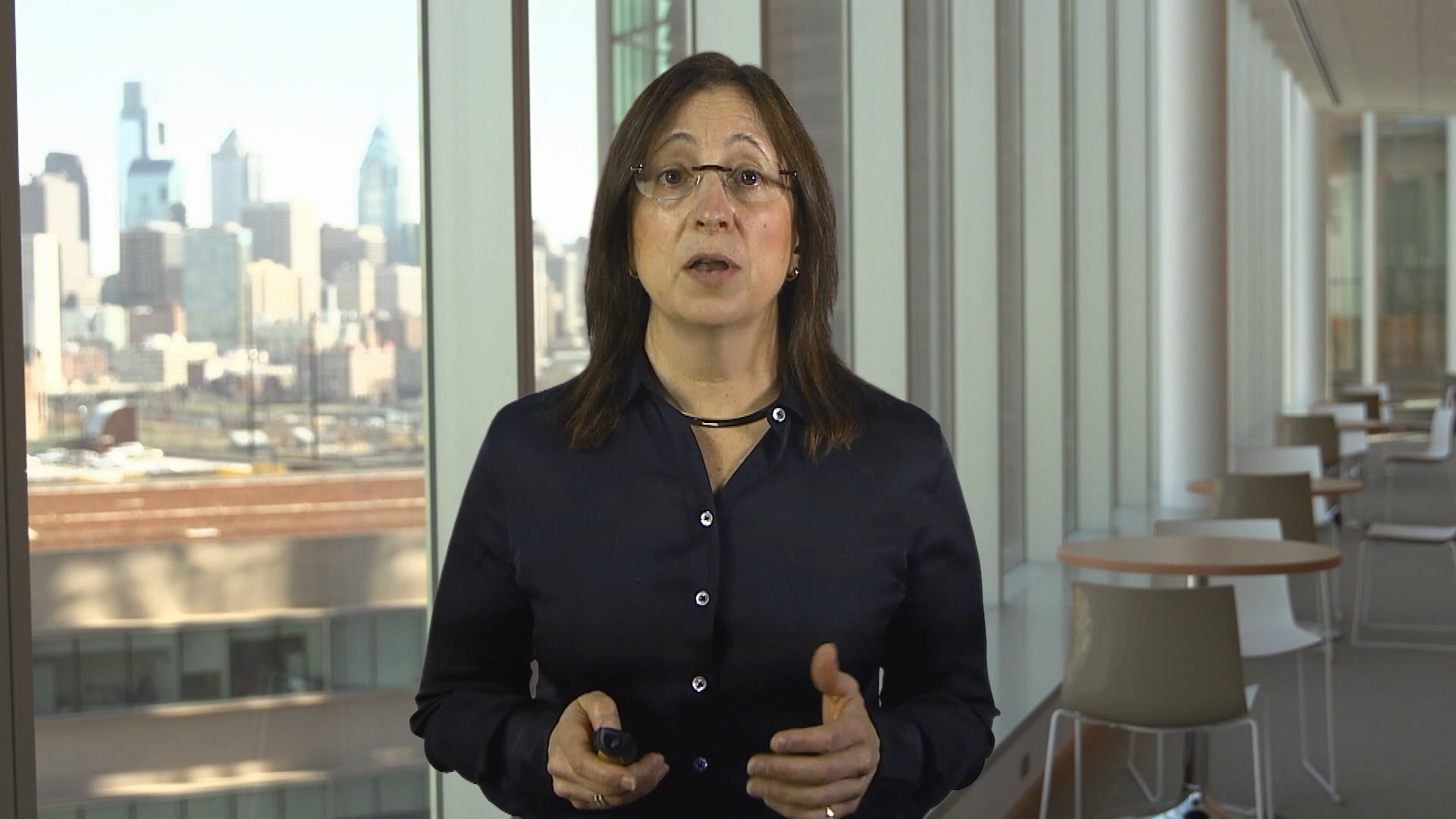
Lisa Bellini: AC Appointments and Promotions
(19:53) -
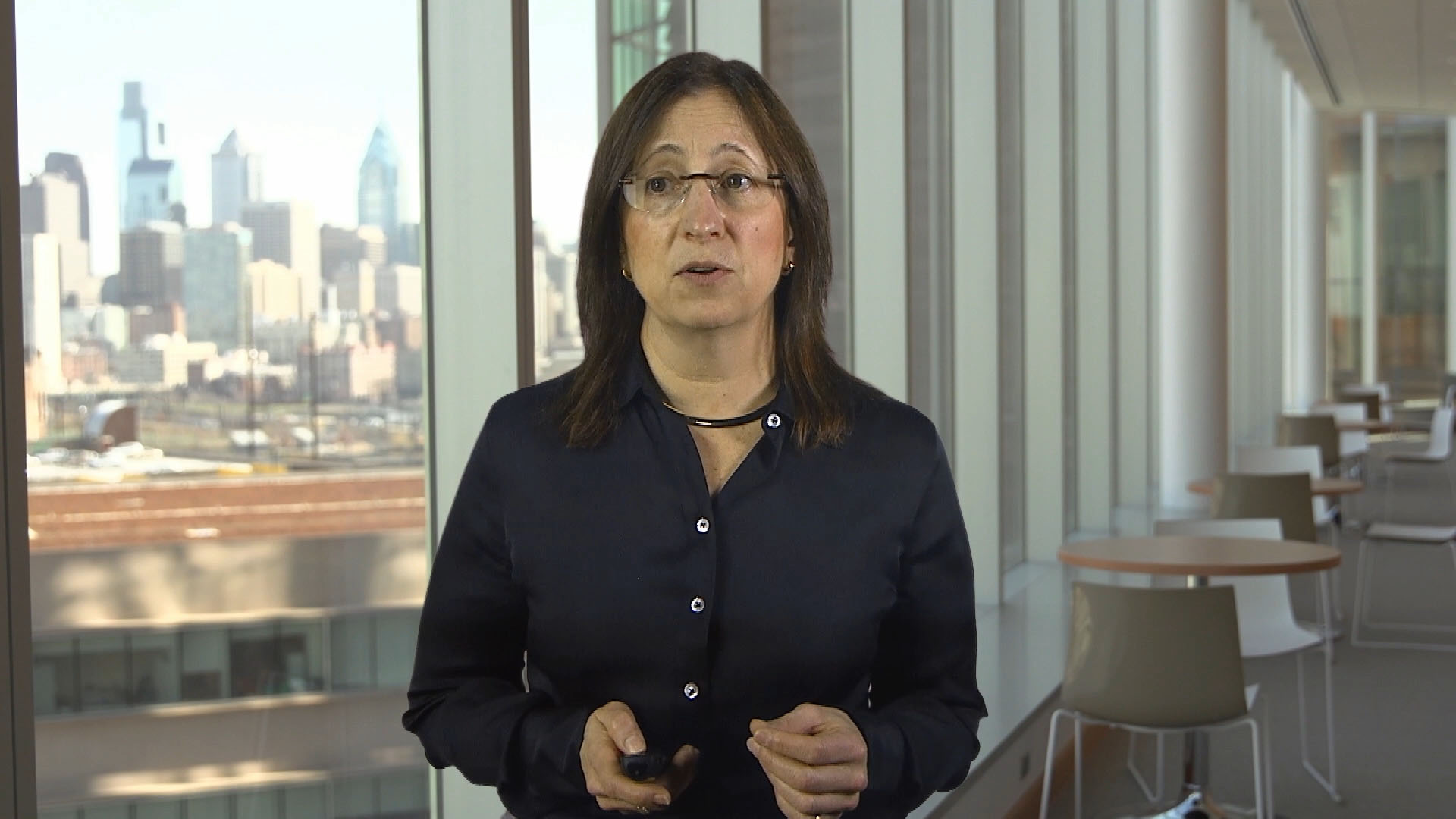
Lisa Bellini: Promotion Criteria by Rank
(3:24) -
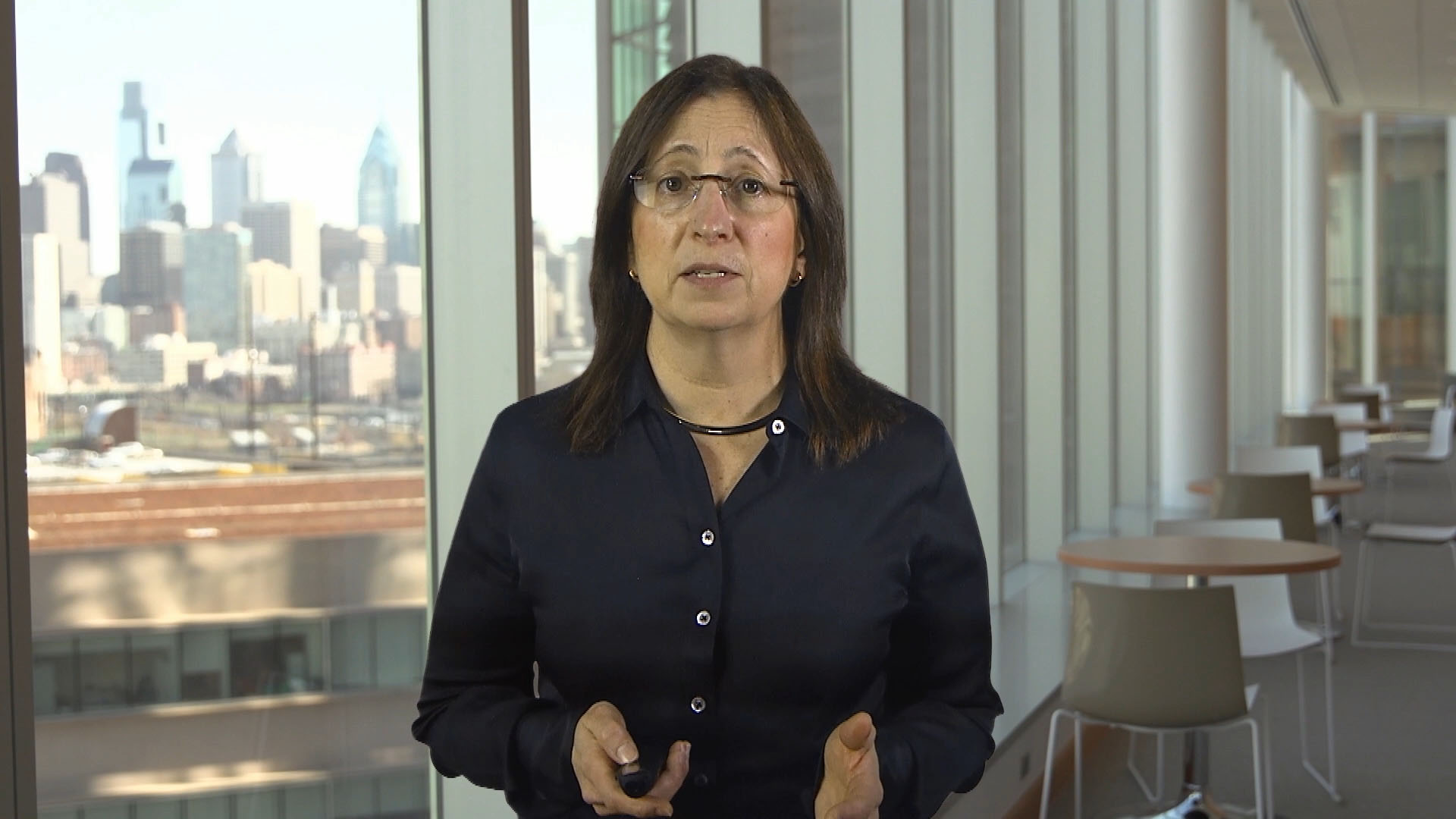
Lisa Bellini: General Principles of the Promotion Process
(2:50) -
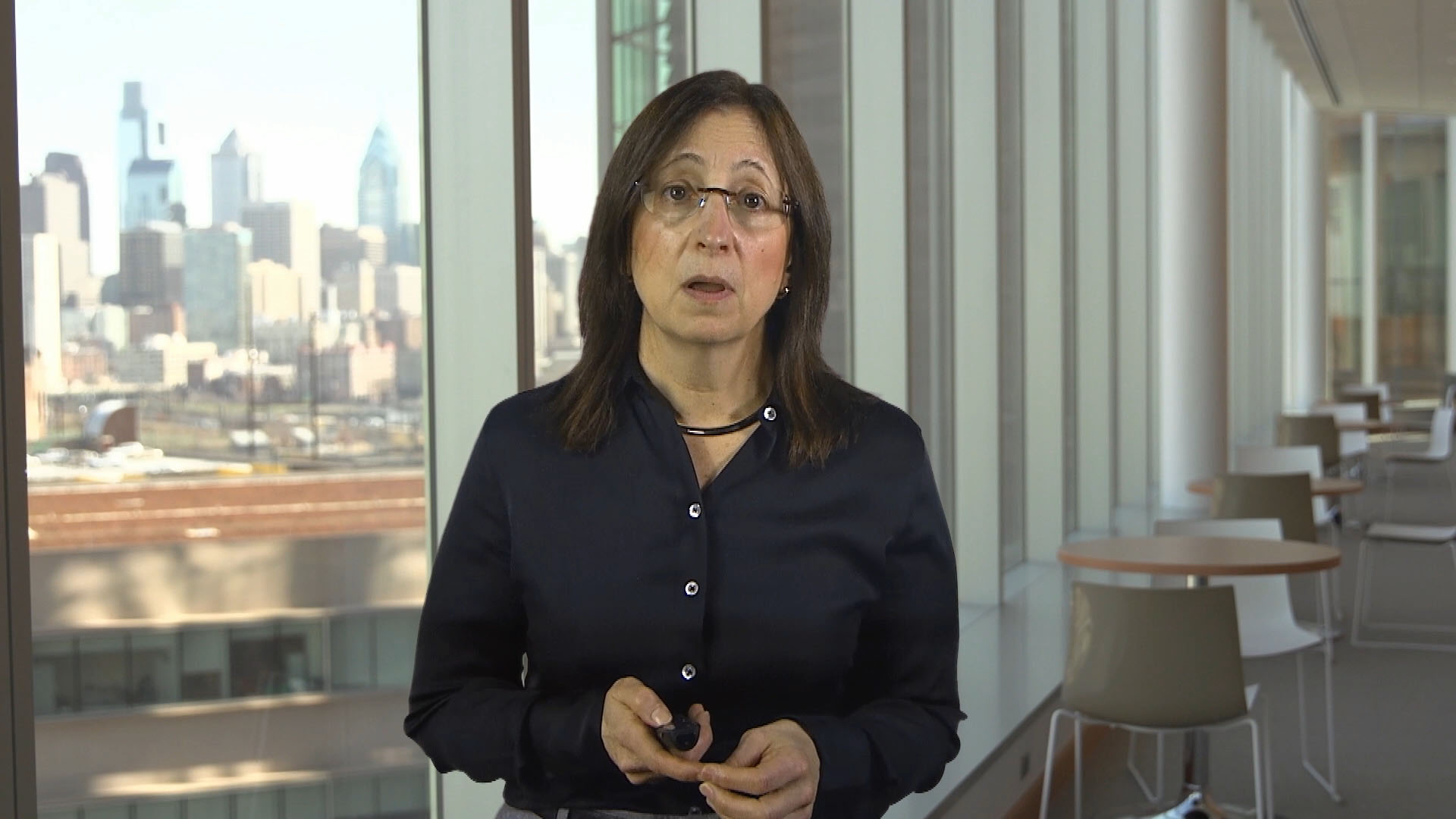
Lisa Bellini: Professionalism and Promotion
(0:46) -
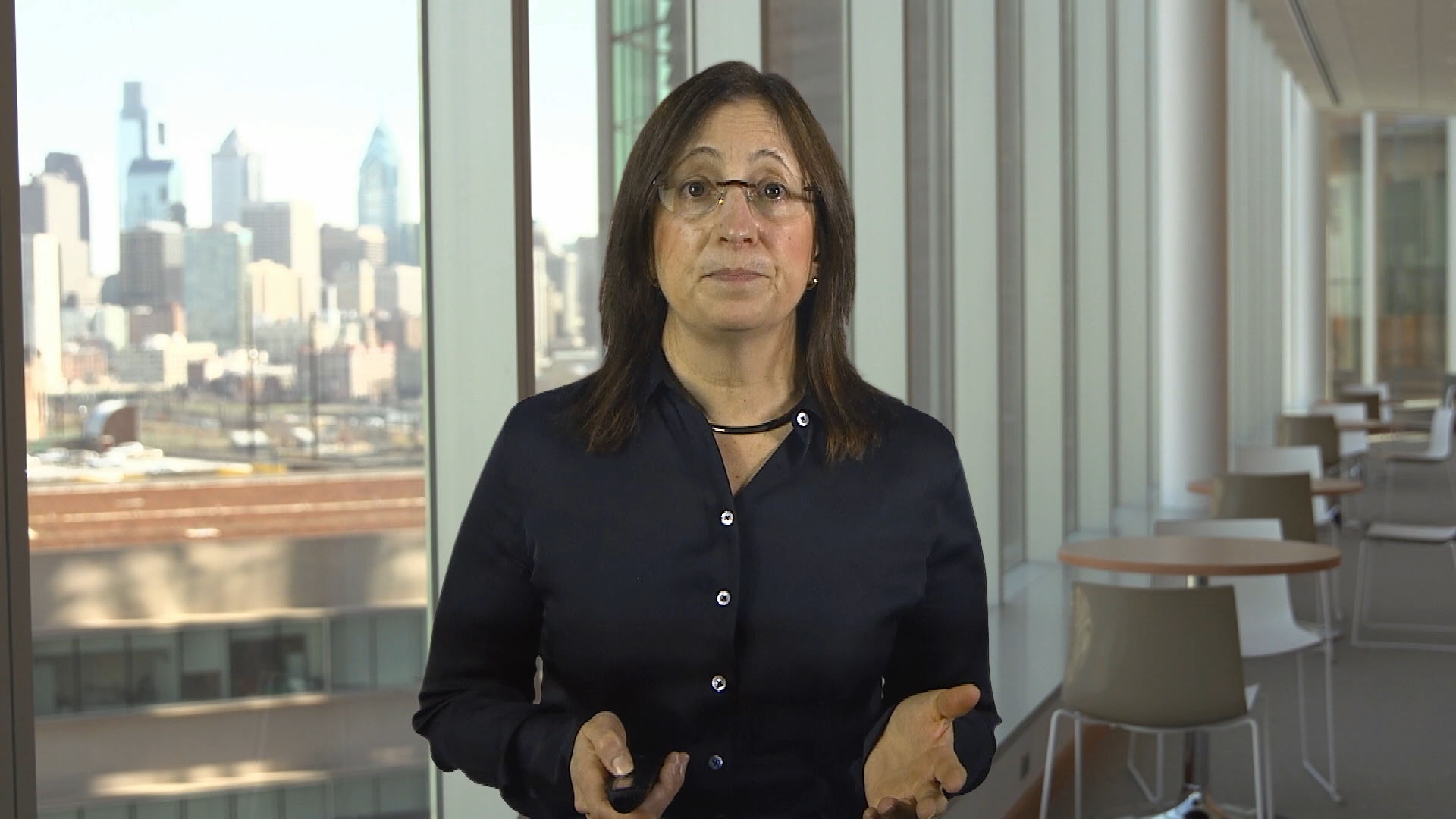
Lisa Bellini: Selected Areas of Concentration
(2:14) -
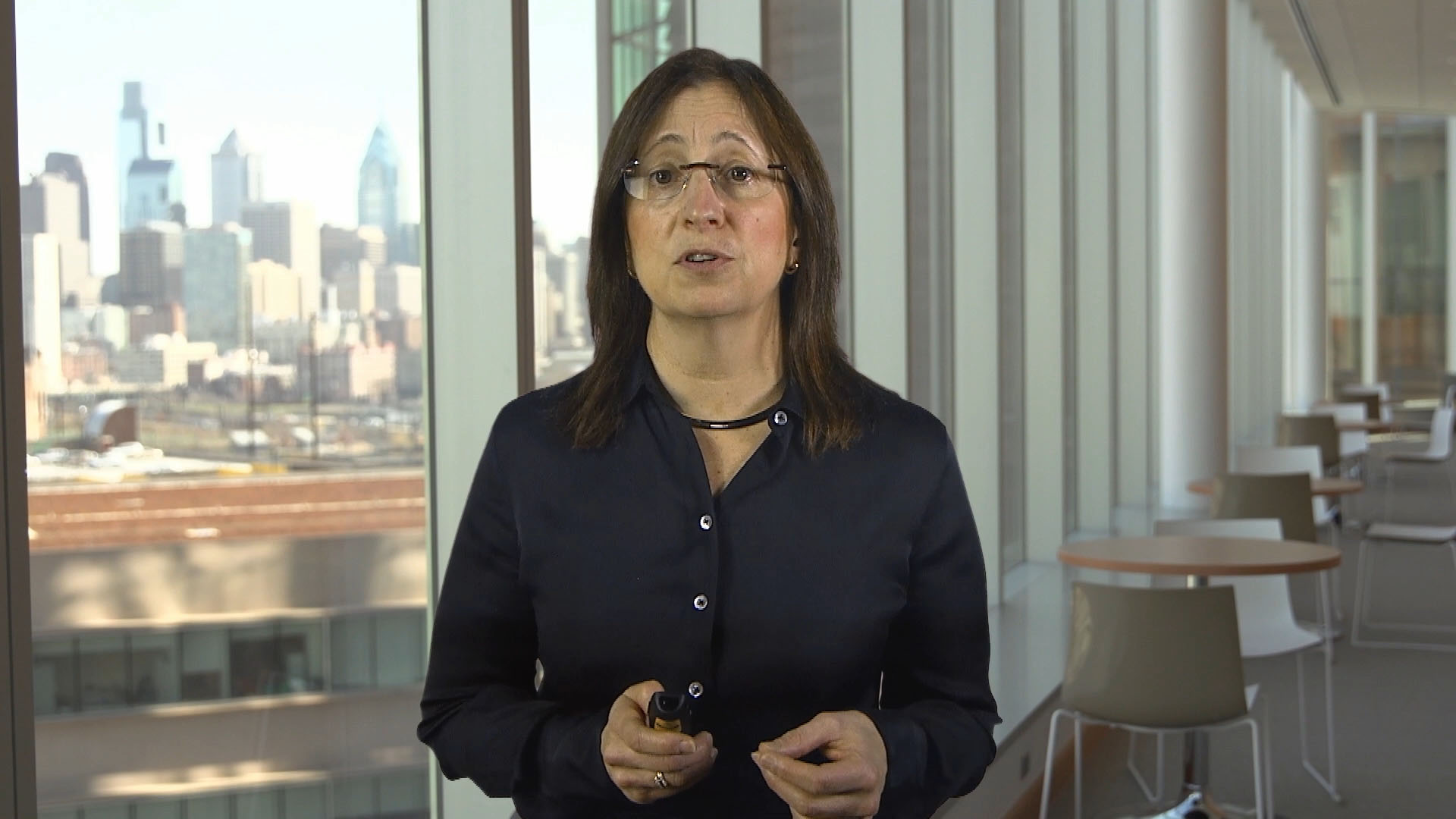
Lisa Bellini: Promotion Criteria In-Depth
(6:44) -
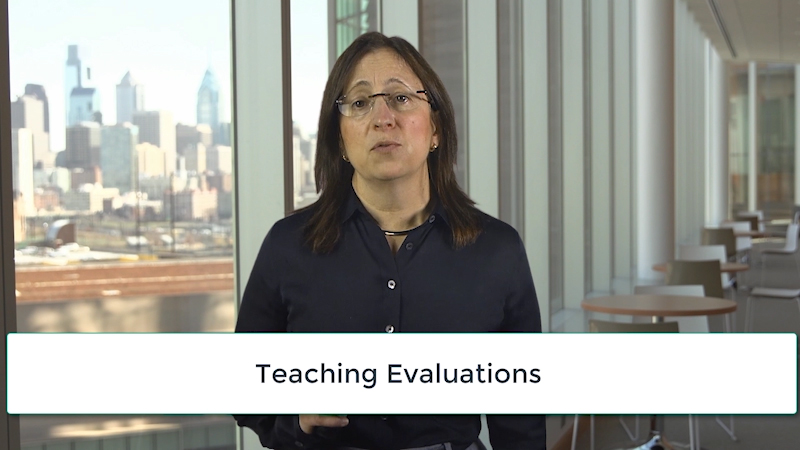
Lisa Bellini: Teaching Evaluations
(6:52) -
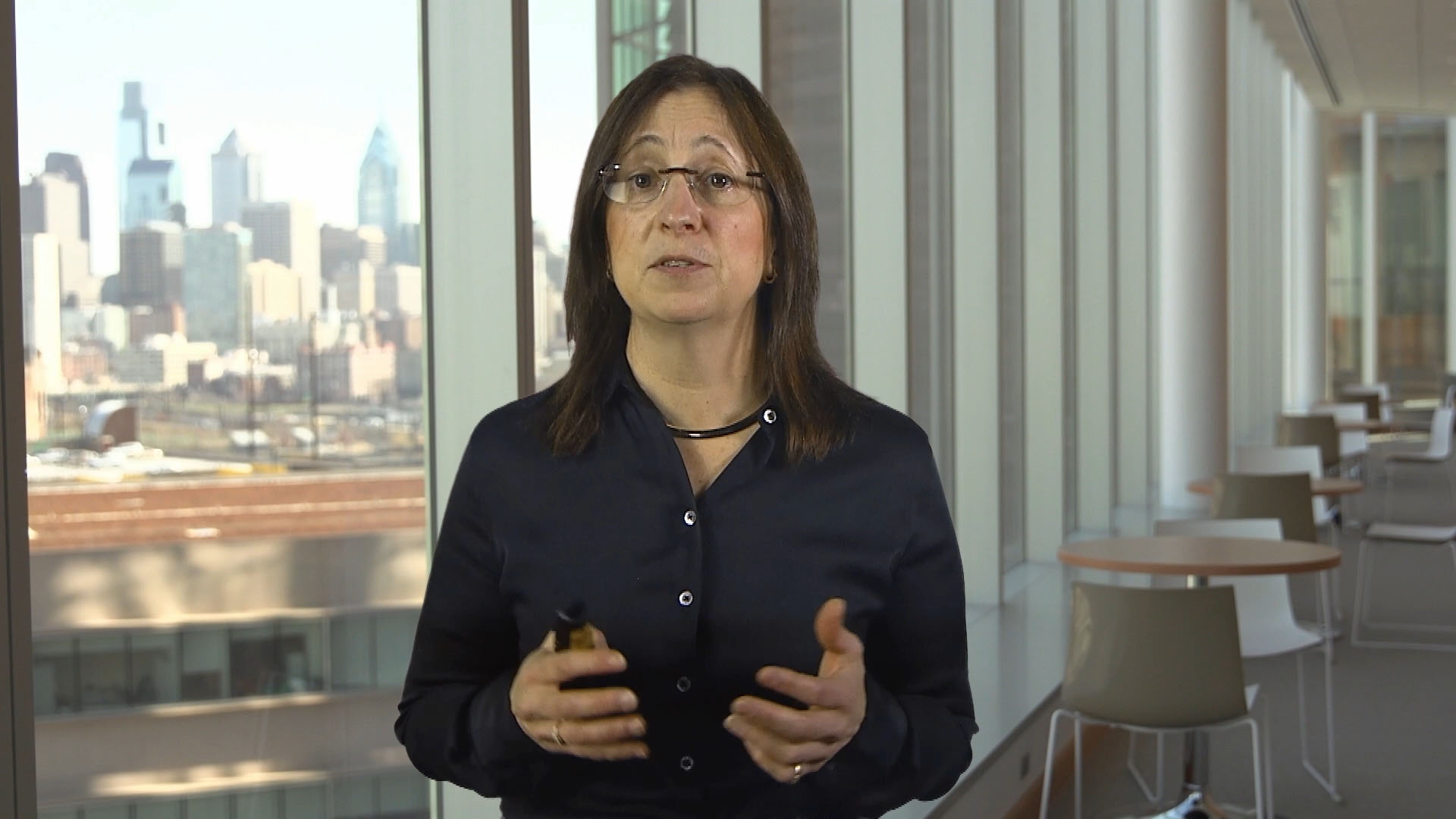
Lisa Bellini: Required Documents for Promotion
(3:53) -
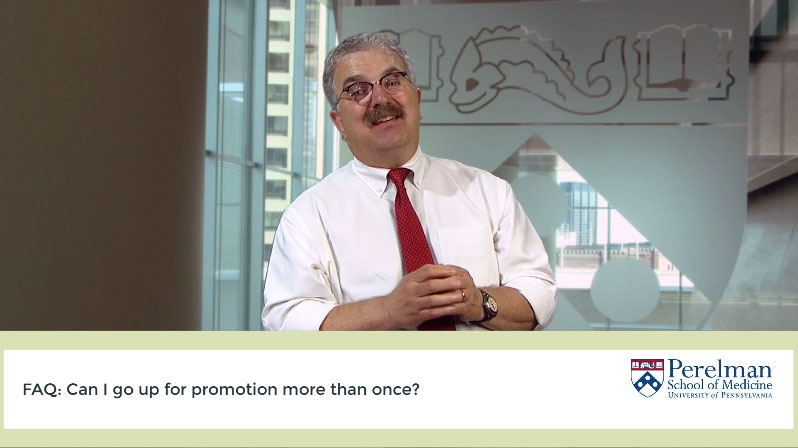
Jim Callahan: Proposed for Promotion Again
(1:52) -
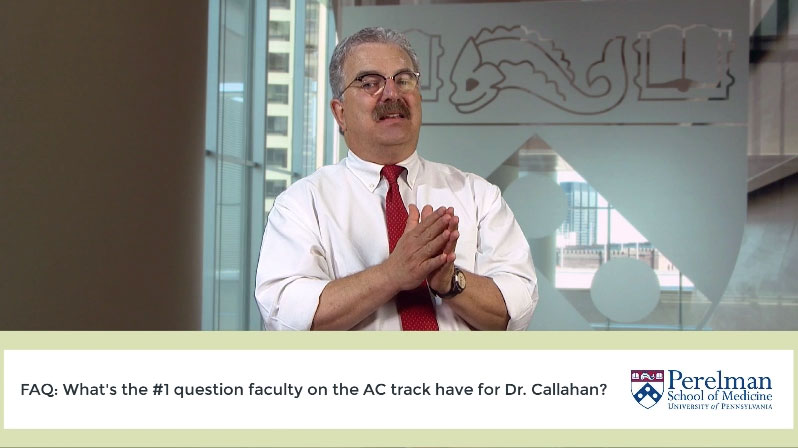
Jim Callahan: The Number 1 Question
(2:26) -
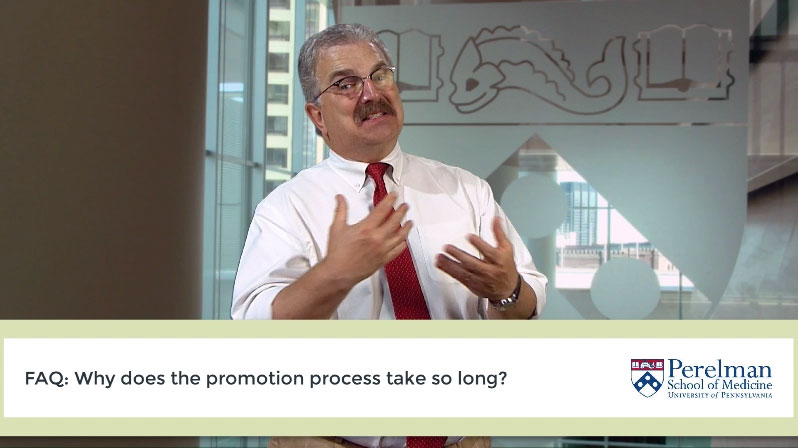
Jim Callahan: Why Does the Process Take So Long?
(1:33)











